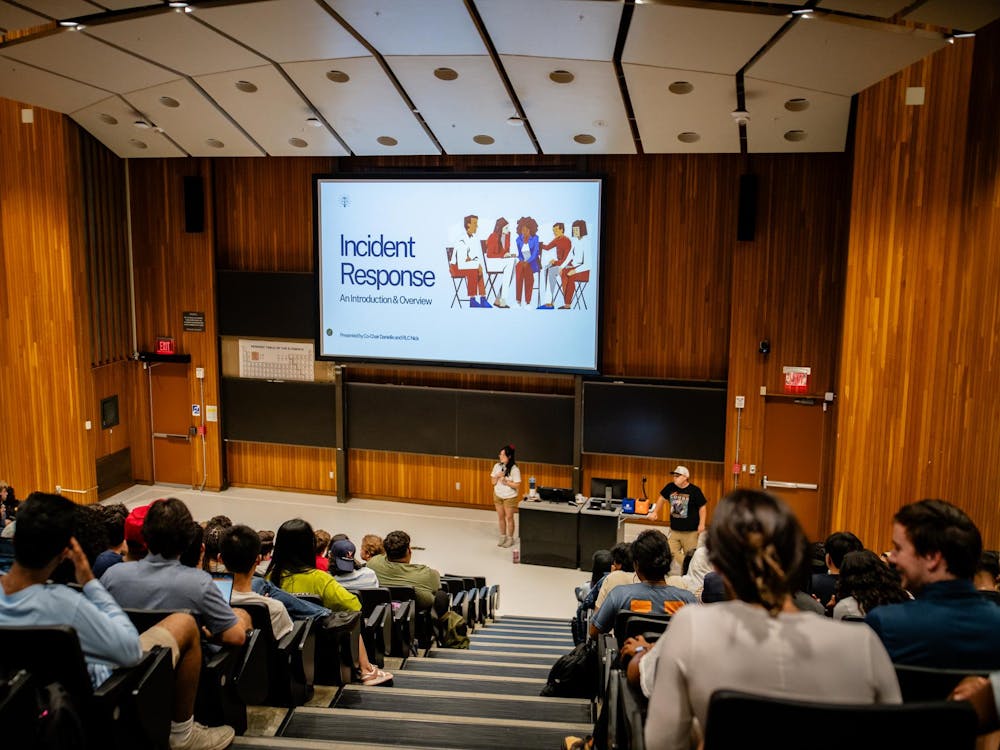ON NOV. 12, Sarah Lawrence College joined what the New York Times calls a "growing list of schools" in abandoning its reliance upon SAT scores for freshmen admissions. Over the last few years, schools such as Bates College, the City University of New York, Mount Holyoke College and Dickinson College have all done the same. In addition, even larger universities like those incorporated in the University of California system have recently debated pursuing a similar course of action. Thyra Briggs, the dean of admissions at Sarah Lawrence, credited her school's decision with helping to fight against the "unhealthy obsession" that many high school students and parents have with the test. In addition, she criticized the "stressful process" of SAT preparation, and decried the "unfair advantage" of wealthy high school students who can afford to pay for extra help via tutors and test prep courses.
This is ridiculous. Worse still, it's dangerous. SAT scores provide colleges with a valuable intelligence-based method of evaluation that is standardized across the country and thus uniquely situated to facilitate an objective comparison of different applicants' abilities. Although no single standardized test could be a perfect measure of students' abilities, such inherent imperfections do not justify abandoning testing altogether. Without a national standard of comparison, admissions processes become increasingly arbitrary and unreflective of students' relative intellectual abilities.
It is ironic that attackers of standardized tests today are those who claim the tests discriminate against the poor. In fact, objective measurements like the SAT were first instituted out of an anti-aristocratic urge to provide an open intellectual competition that would measure applicants' pure abilities, regardless of their family pedigree. Members of the elite classes dreaded the implementation of such tests, because it meant that their pampered children would no longer be accepted to prestigious institutions on the simple basis of privilege






